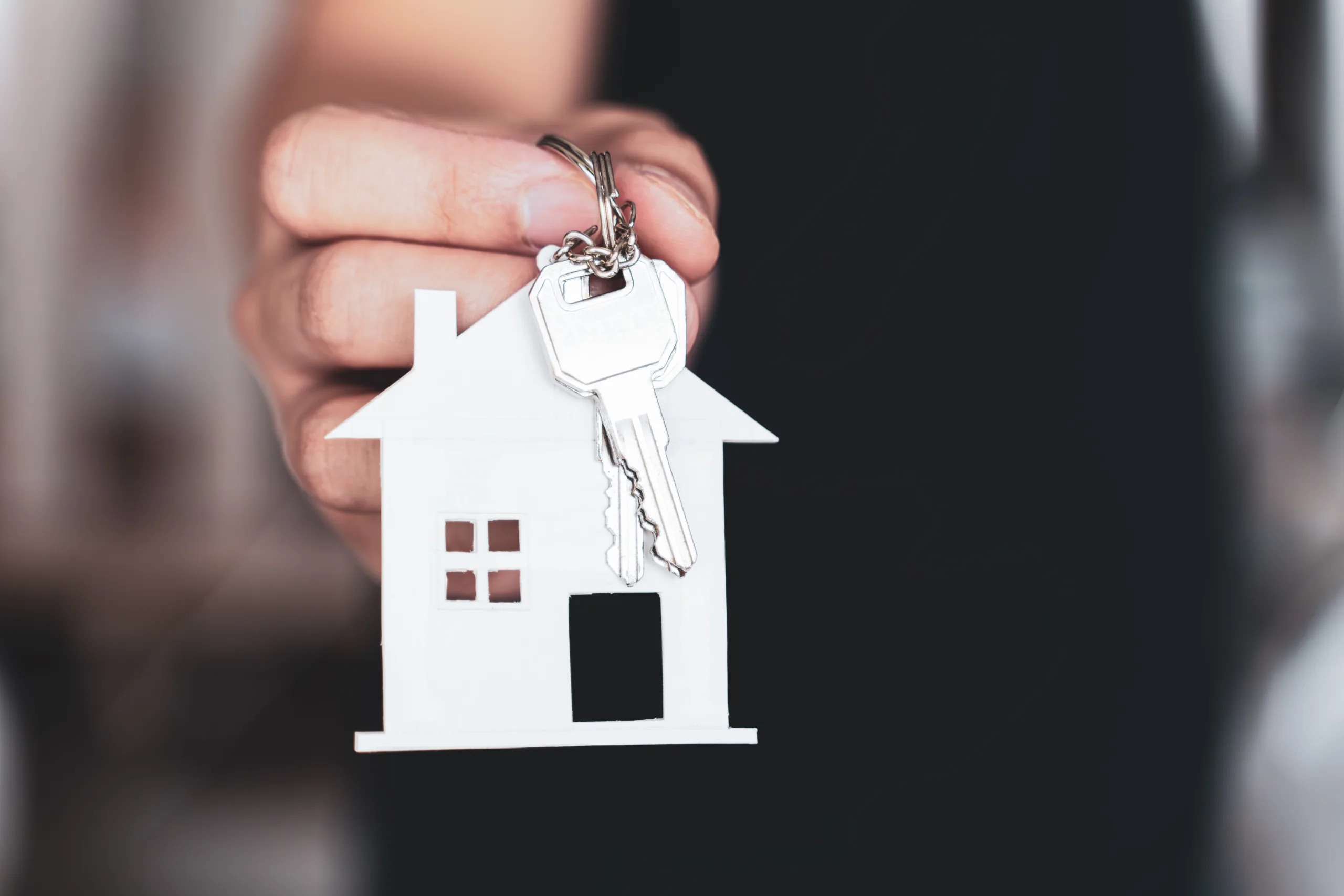You’ve made an offer on your dream home, and it’s been accepted. But before you can move in, there’s one final hurdle to clear: the closing.
At this stage, many buyers are surprised to learn they’ll need to cover closing costs—an extra set of fees and expenses that can quickly add up. While these costs are a standard part of the process, they’re often misunderstood or underestimated.
If you’ve found yourself wondering “What are closing costs?” or how much you should expect to pay, this guide is for you. These are also some of the most common questions we address in our free, expert-led home-buying classes, where first-time buyers gain the clarity and confidence to make informed financial decisions.
What Are Closing Costs?
Closing costs refer to the various fees and charges incurred when you finalize the purchase of a home. They go beyond your down payment and cover the services required to transfer ownership officially.
These costs typically range from 2% to 5% of the home’s purchase price. For a $350,000 home, that’s anywhere from $7,000 to $17,500.
Understanding what’s included and preparing for it in advance can help you avoid surprises on closing day.
What’s Included in Closing Costs?
Here’s a breakdown of typical expenses that make up closing costs:
Lender Fees
- Loan origination fee: Charged by the lender for processing your mortgage, often 0.5%–1% of the loan amount.
- Underwriting fee: Covers the cost of evaluating your financial profile and loan risk.
- Credit report fee: A minor cost to pull your credit report during the loan process.
Property-Related Fees
- Appraisal fee: Ensures the home’s value matches the purchase price.
- Home inspection fee: Paid to a third-party inspector who evaluates the condition of the property.
Title & Legal Fees
- Title search and insurance: Confirms legal ownership and protects you from future title disputes.
- Attorney fees (where required): In some states, attorneys are involved in the closing process.
Government & Transfer Fees
- Recording fees: Charged by your local government to record the property transaction.
- Transfer taxes: May be required depending on your city or state regulations.
Prepaid Costs & Escrow Deposits
- Prepaid interest: Covers interest between the closing date and your first mortgage payment.
- Escrow deposits: Funds held in escrow for property taxes and homeowners’ insurance.
Average Closing Costs Based on Loan Type
The amount you’ll pay in closing costs can vary based on the type of loan you use:
- FHA and VA loans may come with reduced lender fees, and the seller can often cover some of the costs.
- Conventional loans typically include the full range of fees unless they are specifically negotiated.
Cash buyers still pay closing costs, though these are usually limited to title, legal, and transfer-related fees.
How to Plan for Closing Costs
Even if you’re prepared for your down payment, closing costs can feel like an unexpected extra-unless you’ve built them into your financial plan. Here’s how to get ahead:
- Request a Loan Estimate: Your lender is required to provide this early in the process. It outlines estimated closing costs in detail.
- Ask about seller concessions: In some cases, sellers may agree to pay a portion of your closing costs as part of the negotiation.
- Factor them into your savings plan: Don’t budget for the down payment alone—plan for closing costs, too.
This kind of financial planning is a key part of what we cover in our home-buying classes. Understanding the full cost of buying a home—from offer to closing—helps you make informed decisions.
Final Thoughts
When it comes to buying a home, closing costs are easy to overlook—but critical to understand. By knowing what to expect, asking the right questions, and budgeting ahead of time, you’ll avoid last-minute stress and walk into your closing with confidence.
Want more help preparing for every step of the process?
Join our free home buying class to get expert guidance, practical tools, and answers to all your first-time buyer questions—no pressure, just honest advice.







